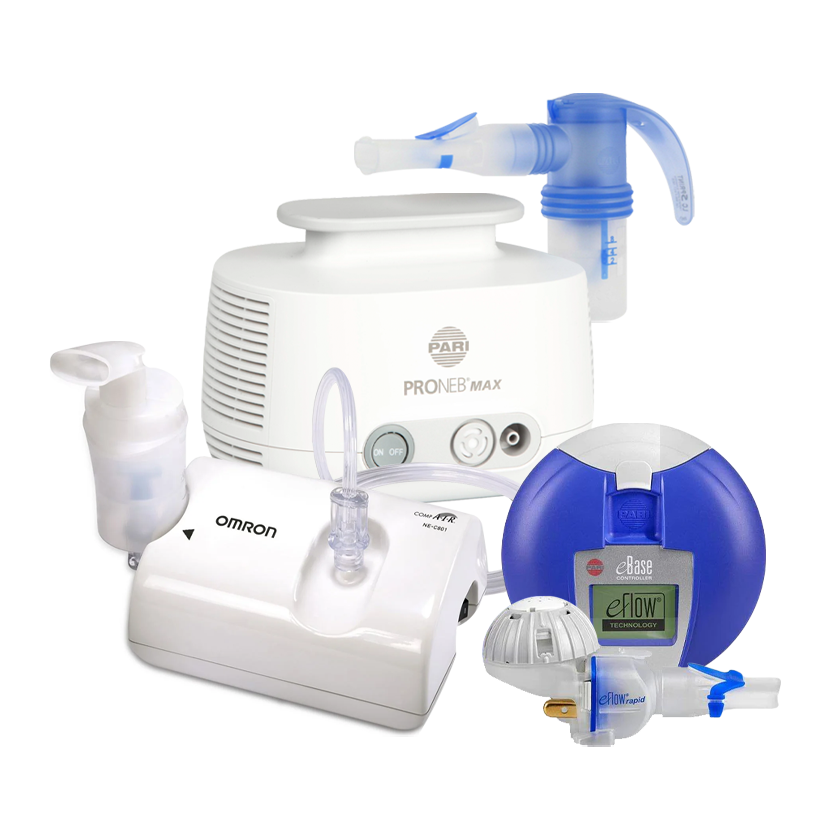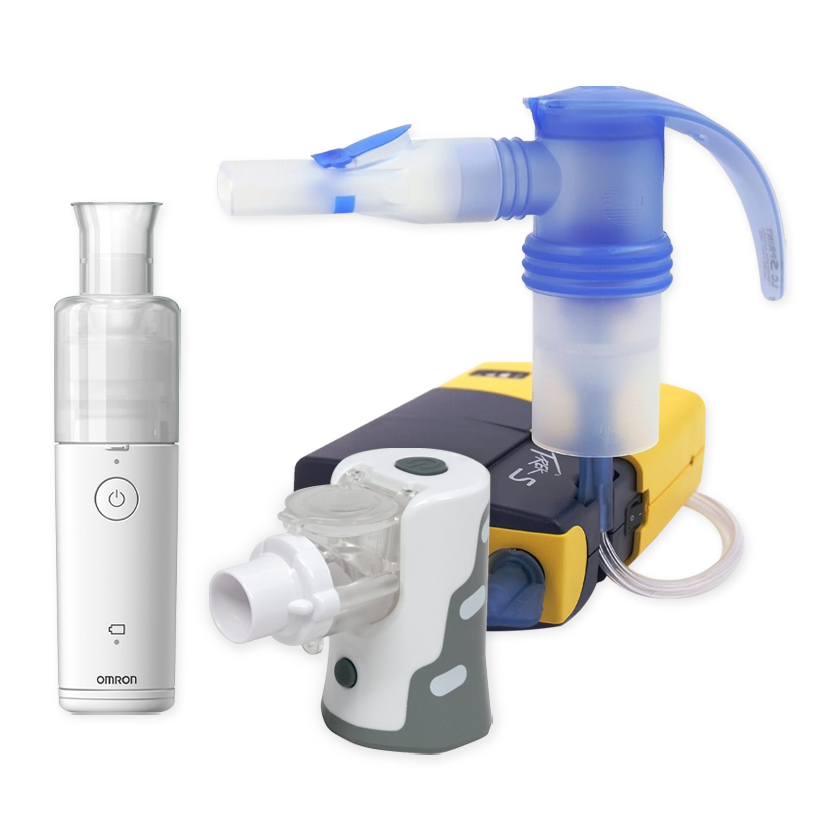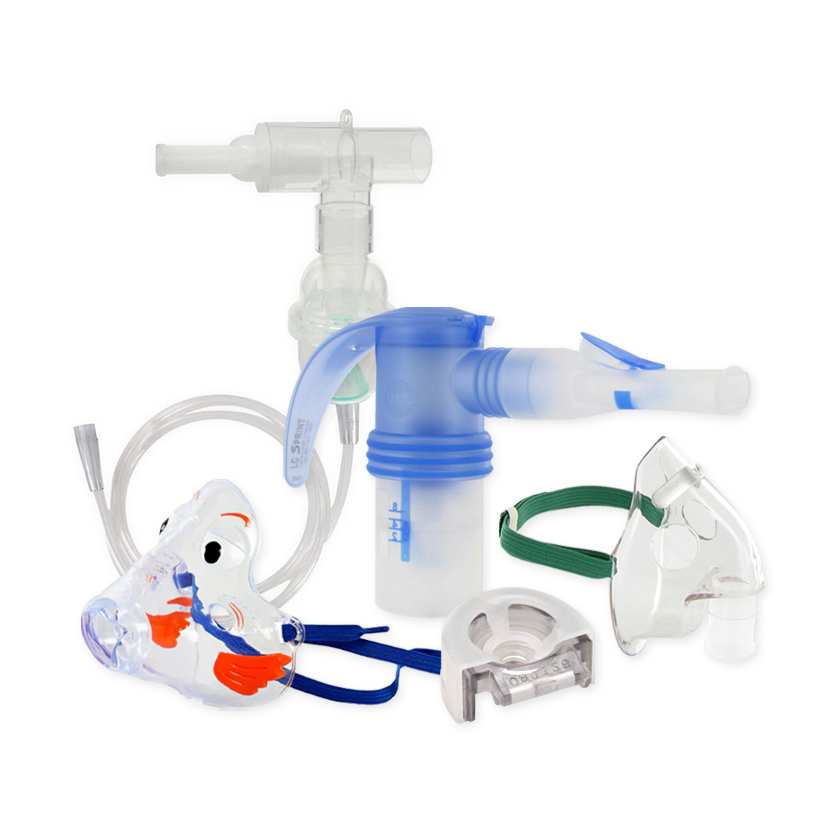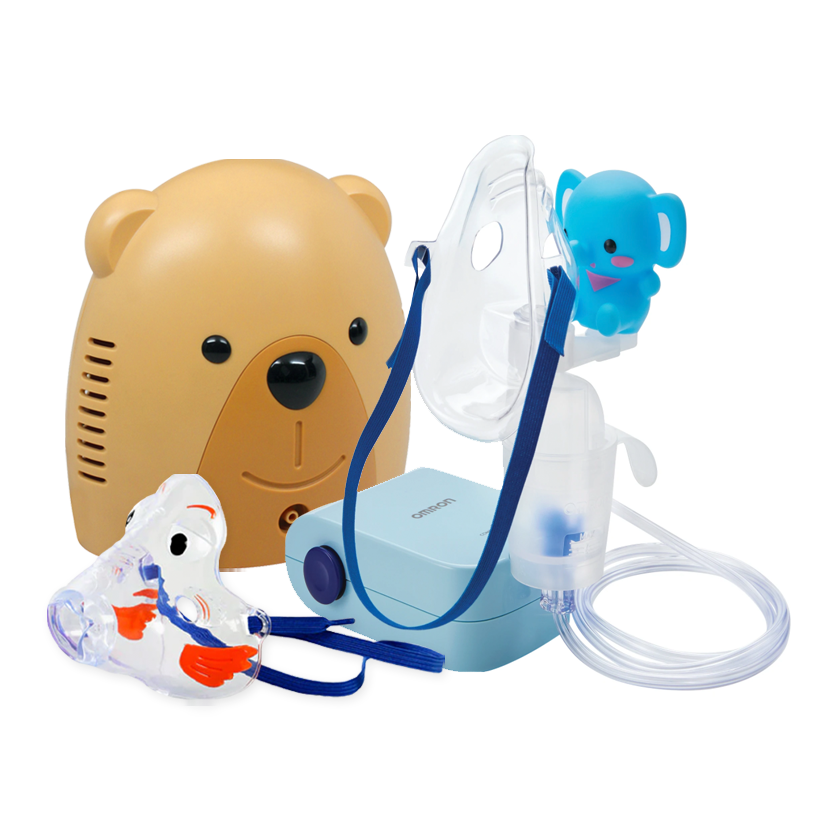Your Cart is Empty
Free Shipping on all orders over $75! Plus, free express shipping on select items.
Menu

Free Shipping on all orders over $75! Plus, free express shipping on select items.
Nebulizer Systems
Travel Nebulizers
Nebulizer Accessories
Just For Kids
Oxygen Supplies
Puppies and Ponies May Keep Your Kids from Developing Asthma
November 12, 2015 1 min read
Exposure to dogs and farm animals makes infants less likely to develop asthma later in life, says a new study from Sweden’s Uppsala University.
The researchers looked at data from more than one million Swedish children born between 2001 and 2010. They found that infants exposed to dogs were 13% less likely to develop asthma, and those exposed to farm animals were a full 52% less likely. This is similar to the results from another recent study which found exposure to farm dust decreased a child’s asthma risk.
The results of the new study could be seen as support for the Hygiene Hypothesis, which suggests that asthma is on the rise because kids today live in too sterile of environments. They’re exposed to so few irritants and allergens that their immune systems can’t tell which are actually harmful and end up overreacting to harmless irritants. And since dogs and farm animals expose kids to more dirt and irritants, those kids become less likely to develop asthma.
Or, the results could also be seen as contradicting the Hygiene Hypothesis. Dr. Frank Virant, an allergy researcher at Seattle Children’s Hospital, suggested that kids who live on farms or have dogs get outside more and thus have decreased exposure to indoor allergens.
A third possibility is that the results have nothing to do with increased or decreased exposure to allergens, but instead have to do with other lifestyle factors associated with dog and farm animal ownership, such as increased exercise.
Whatever the case, more study will be needed to determine why dog and farm animal exposure correlates with lower asthma rates.
Subscribe
Sign up to get the latest on sales, new releases and more …

NEW CUSTOMERS SAVE 10% OFF YOUR FIRST PURCHASE OF $20 OR MORE.
Code will be sent to email entered if applicable
SIGN UP FOR FUTURE SALES, NEW PRODUCTS AND ANNOUNCEMENTS
{"themeColor":"#061f77","iconColor":"#061f77","showLogo":true,"topBottomPosition":0,"rightLeftPosition":5,"iconSize":"large","iconCustomSize":64,"position":"middle-right"}



